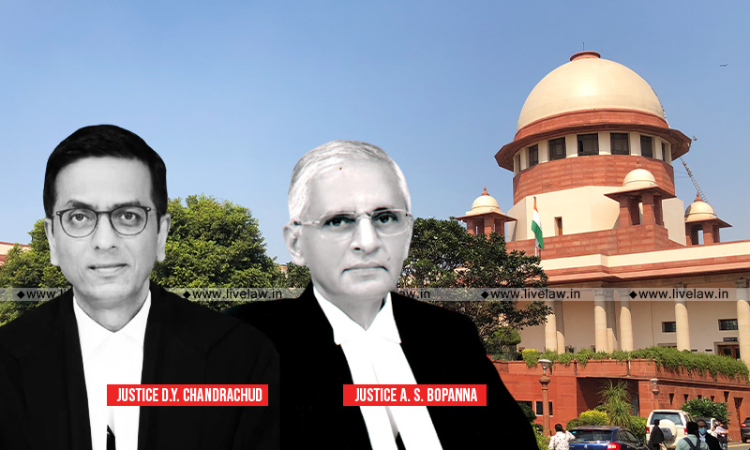Candidate Cannot Alter Declaration Given About Correctness Of Details During Selection Process : Supreme Court
Shruti Kakkar
23 Dec 2021 9:30 AM IST

Next Story
23 Dec 2021 9:30 AM IST
During a selection process, a candidate cannot attempt to deviate from a declaration made regarding the correctness of the detail furnished by him, so as to affect the position of others, held the Supreme Court in a recent decision.A bench comprising Justices DY Chandrachud and AS Bopanna observed so while allowing an appeal filed by the Madhya Pradesh Public Service Commission. The MP High...
